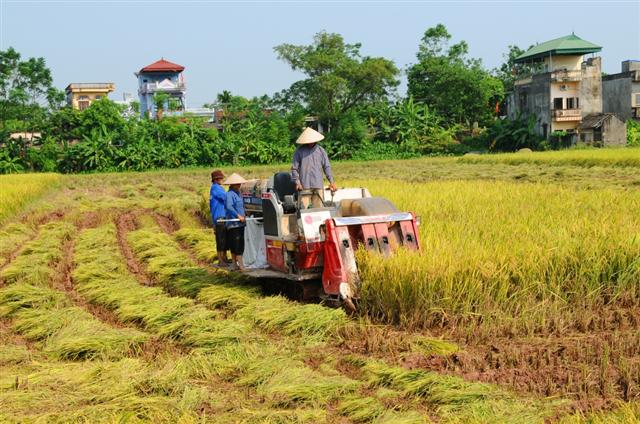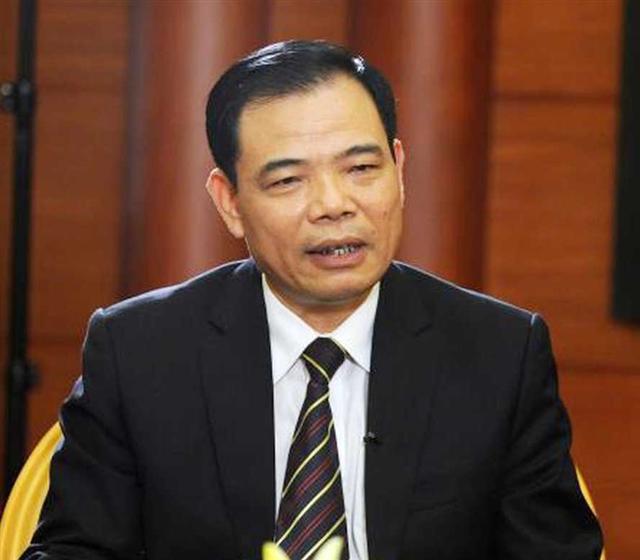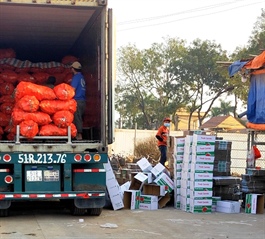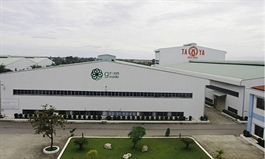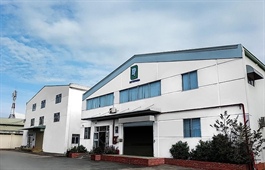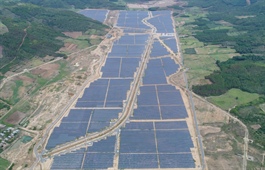Business-cooperative-farmer linkage: Key to modern agriculture
Business-cooperative-farmer linkage: Key to modern agriculture
The agricultural sector is focusing this year on restructuring and innovating management based on digital technologies, while at the same time intensifying investment attraction. Minister of Agriculture and Rural Development Nguyen Xuan Cuong spoke with reporters about plans for 2021.
|
The agricultural sector continues to be a key economic building bloc. How will the sector further strengthen its role, modernize and take the initiative in international integration?
In 2021, the agricultural sector will continue implementing two major tasks. One of these is restructuring. The sector will continue building a modern agriculture and apply Industry 4.0 technologies to develop value chains for three key groups of products at all stages, from material production and processing to trading. These groups include: 1) 10 products with annual export value of US$1 billion or higher; 2) products with export advantages such as Hung Yen longan and Bac Giang litchi; and 3) specialties of localities.
The second task is innovating management based on digital technologies to develop a smart agriculture with a vision towards international integration and greater attention to product quality. Organic, clean and specialty farming should be promoted.
|
What opportunities and challenges will free trade agreements (FTAs) create for Vietnam’s agriculture on its international integration path?
Vietnam has taken the initiative in international integration. So far, it has engaged in 13 FTAs with major economies worldwide.
FTA tariff preferences will create opportunities for the agricultural sector to expand its market for higher economic efficiency, to attract more investment and technology, as well as to increase cooperation and develop human resources.
However, the agricultural sector will have to cope with non-tariff and technical barriers, and even trade protectionism. The gap between Vietnam and developed economies in terms of logistics and management skills in various areas is also among the challenges faced by the agricultural sector.
Investment in agriculture and rural development has yielded positive changes in quality, raising the value of Vietnamese farm produce. How will the Ministry of Agriculture and Rural Development further encourage business investment in 2021?
The Ministry of Agriculture and Rural Development will provide consultancy for the government to accelerate institutional improvement and administrative reform. At the same time, it will maintain tight coordination with localities to create favorable conditions for business investment.
The ministry will also assist farmers in forming new-style agricultural cooperatives. The linkage between businesses, cooperatives and farmers will be the key to a modern agriculture.
Rice exports were a bright point in Vietnam’s 2020 economic picture. Could you share the rice sector’s future development strategy?
In 2020, despite plenty of difficulties and challenges including Covid-19, natural disasters and fierce competition, the rice sector continued to satisfy domestic demand and achieved export value of more than US$3 billion.
The rice sector has innovated production, processing and trading activities. However, further efforts are required to create higher benefits for farmers, as well as for those involved in rice production and supply chains. National food security must be ensured in any circumstances as a prerequisite for economic development.


